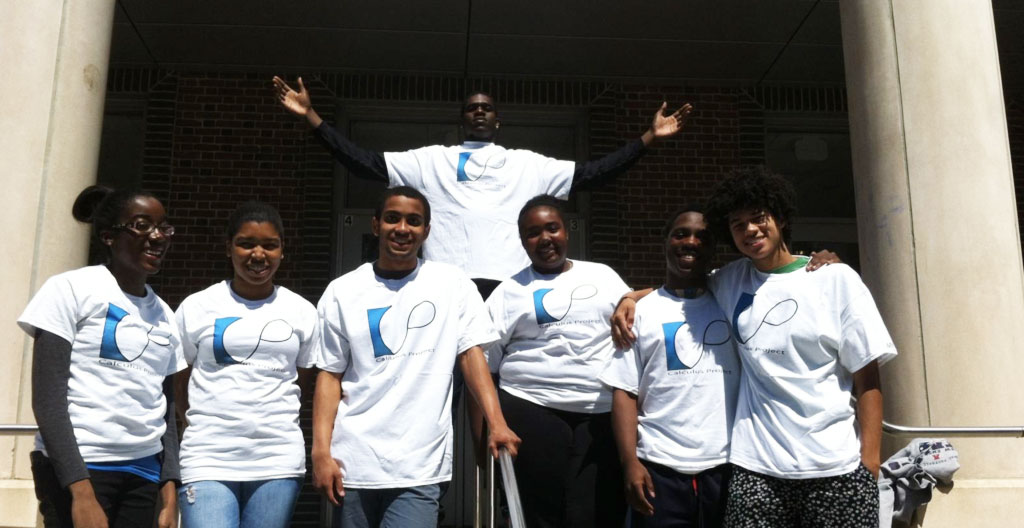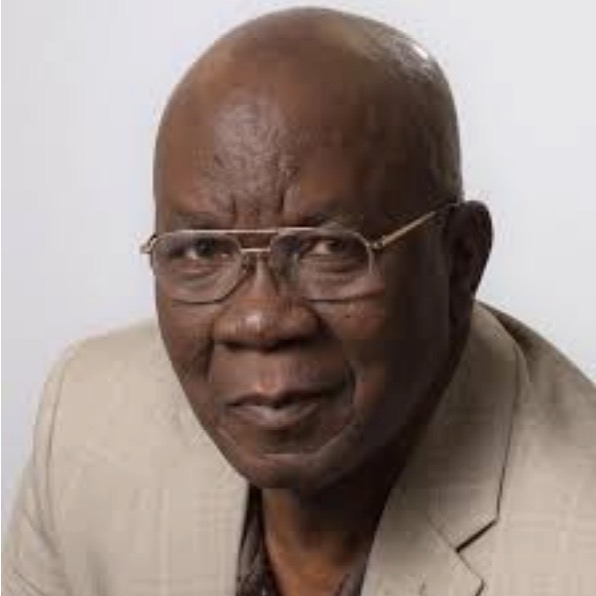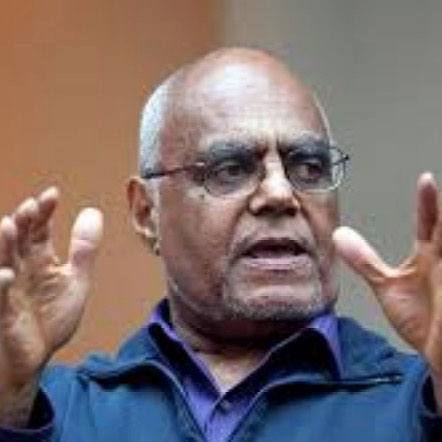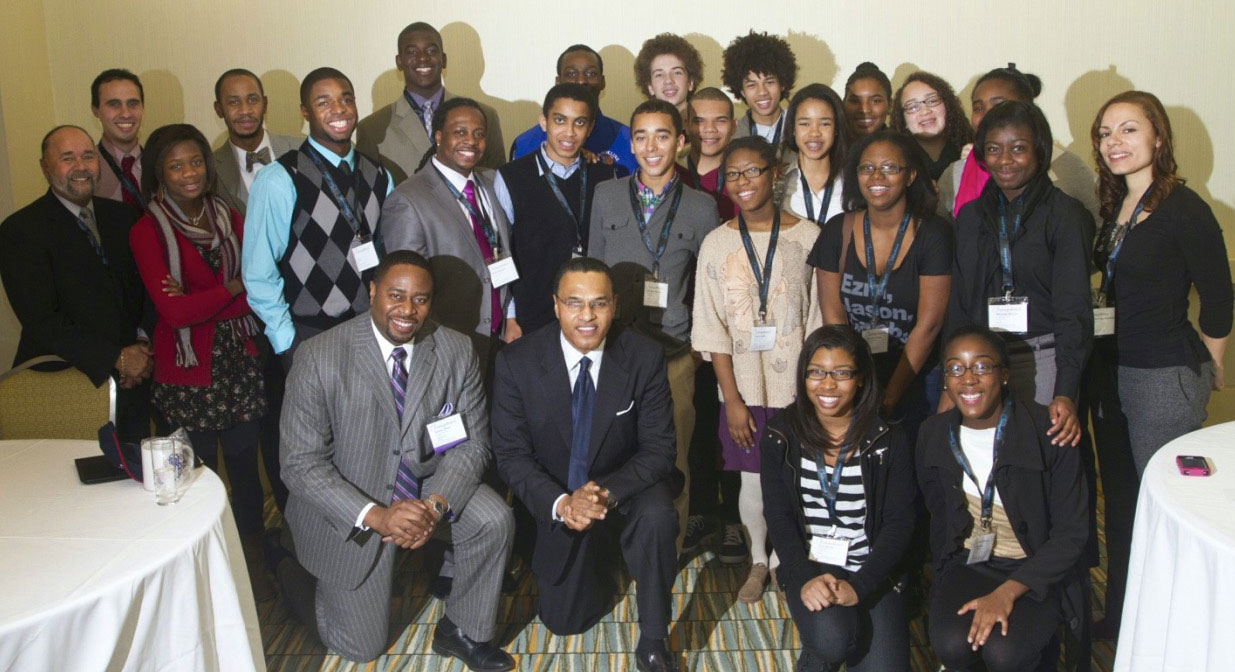History

The Calculus Project began in 2009 at Brookline High, in Massachusetts, as a response to the history of underachievement in mathematics by African American, Latino, and low-income students. Very few African American, Latino, and low-income students were seen in high-level math classes, and those who began in high-level math classes soon “dropped down” to lower levels. Research over the past two decades documents the power of high school calculus in propelling students toward enrollment in and completion of college, and increasing the number of students who study the STEM disciplines.
A team of teachers and school leaders at Brookline High, led by Dean of Students Dr. Adrian B. Mims, designed The Calculus Project to dramatically change the culture of underachievement in mathematics for these students. The goal was to enable African American, Latino, and low-income students to enroll and succeed in the study of calculus in their senior year. To accomplish that, they invited all seventh grade students in these sub-groups, and beginning in the summer following the seventh grade, offered a series of focused innovations that continued through their senior year in high school. These include:
- Pre-teaching in the summer, and re-teaching/tutoring during the school year the full sequence of mathematics courses from grade 8 through grade 12…for example, at the end of the seventh grade, students take an algebra preview course in the summer, and then receive after-school academic support throughout the school year in algebra
- In demographically diverse schools, intentionally populating high-level math classes with a critical mass of students of color and low-income students (between 30% and 50% of the class) creating a more comfortable and productive academic setting for these students
- Developing after-school study groups, and providing teachers to. support the groups, giving students the content knowledge, the skills, and more confidence to succeed in high-level math classes … (the after-school supervised study groups often become student-created “beyond school” study groups, rarely if ever seen with these historically underperforming students)
- A curriculum – The Pride Curriculum -- that teaches students about the historical accomplishments of STEM professionals of color, and includes interactions between the students and successful STEM professionals of color – at school and in the community
- The potential of paid “peer teaching” opportunities in the summer program for high achieving Calculus Project students during the 11th and 12th grades
- The recognition that many African American, Latino, and low-income students struggle to succeed at college without adult and peer support, and the commitment to a Phase II of The Calculus Project that would provide transition-to-college planning, and follow-up academic and personal support for students at college
The initial data from the Brookline pilot are stunning. Almost every student in Cohort I (students who enrolled in The Calculus Project when it began in 2009) enrolled and succeeded in Calculus Honors and AP Calculus in their senior year of high school.
In June 2014, students in Cohort I graduated from Brookline High School and attended some of the most competitive colleges and universities in the country, such as MIT, NYU, Duke, Emory and Centre College. Some have already declared STEM majors. Many more cohorts behind them are demonstrating similar success. Teachers who were once skeptical about high-level math achievement by African American, Latino, and low-income students are now strong advocates for the program.
In an increasingly technological world in which the STEM disciplines and careers offer tremendous intellectual and economic growth opportunities, The Calculus Project can open doors to this world to students for whom these doors have been historically closed.
The Men Behind The Evolution Of The Calculus Project
I stand on the shoulders of giants who sacrificed their lives and freedom so a black boy who grew up in South Carolina could become a mathematician who reimagined math education that displays Black and Latino excellence in mathematics.
The Calculus Project does not exist without Dr. Koffi Fadimba, Bob Moses, and Dr. Freeman Hrabowski providing me with the blueprint for success. These men impacted me at three pivotal moments in my life and I am eternally grateful for their guidance, mentorship and support.
-Dr. Adrian Mims
Dr. Koffi Fadimba
Professor of Mathematics and the University of South Carolina Aiken

I’m a member of the first generation in my family to attend college. Although I earned my doctorate, my biggest accomplishment was receiving my undergraduate degree in mathematics from the University of South Carolina. I faced many challenges during my five years there. One of the challenges was working two jobs while pursuing my degree as a full-time student. When I changed my major from Electrical Engineering to mathematics during my junior year of college, I had to take the hardest 500 level math classes simultaneously to graduate. Graduating within 5 years would not have happened without Koffi tutoring me.
Bob Moses
President and Founder, The Algebra Project, Inc.

If you have not read Radical Equations: Math Literacy and Civil Rights, by Bob Moses and Charles E. Cobb, Jr., you cannot fully understand his brilliance. Mathematical literacy is a civil right and it is as important for economic prosperity and upward mobility in America as the oxygen that allows us to breath. Bob Moses’ body of work, The Algebra Project, provided me with the foundation to develop The Calculus Project.
Dr. Freeman Hrabowski
President of the University of Maryland Baltimore County (UMBC)
If you do not know the name Dr. Freeman Hrabowski, you do not know one of the most important voices in this country on STEM. Freeman began mentoring me in 2012 after we met at the New England Regional College Board Conference where I introduced him as the keynote speaker. He kindly took time out of his busy schedule after the conference to hang out with my students in the first cohort of The Calculus Project.
Freeman is a genius who left an indelible mark on all of us. His creation of the Meyerhoff Scholars Program at UMBC inspired me to create The Calculus Project and Leadership Academy at Boston University in 2015.

